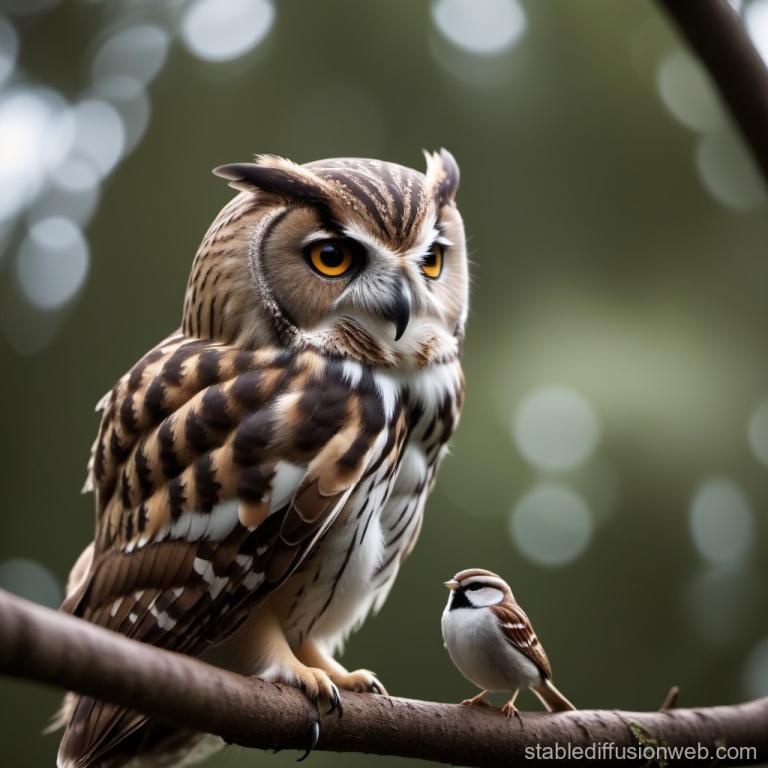Trevor Sutton is a pastor who was my co-writer on Authentic Christianity: How Lutheran Theology Speaks to a Postmodern World. He is also the author of Being Lutheran, Clearly Christian: Following Jesus in This Age of Confusion, Take Up Your Cross: Daily Prayers for Lent, Man of God: Walking By Faith Devotion Book, and Dr. Bessie Rehwinkel: Hero of Faith.
He is perhaps best known for his work on technology and religion, which was the topic of his doctoral dissertation from Concordia Seminary and the basis for his very helpful Redeeming Technology: A Christian Approach to Healthy Digital Habits.
He and I are collaborating again on a book about technology and vocation.
He has also written quite a few articles in a wide variety of publications on the various issues regarding technology and Christianity. One of them is in the latest issue of Religion & Liberty and is entitled AI and the Discipline of Human Flourishing.
Read his whole discussion of the challenges raised by Artificial Intelligence. I’d like to just bring up one facet that particularly grabbed my attention. He told of a parable offered by Nick Bostrom, director of the Future of Humanity Institute at Oxford University, in his book Superintelligence: Paths, Dangers, Strategies. Here is how Trevor tells it:
Several sparrows were hard at work building their nests. After days of long and tiresome work, they began to lament about how small and weak they are. Then one of them had an idea: “What if we had an owl who could help us build our nests?” This idea generated excitement about other ways that an owl could be useful to the sparrows. It could look after the young and elderly. It could offer advice. It could guard against the neighborhood cat.
With great enthusiasm, they embarked on finding an abandoned owlet or an unhatched owl egg. But a surly sparrow named Scronkfinkle warned that baby owls become big owls. He argued that they should first learn the art of owl taming before bringing an owl into their nest. Several others objected to this warning on the basis that simply finding an owl egg would be more than enough work. These sparrows decided they would begin by getting a baby owl—and then afterward they would consider the challenge of taming it. With unbridled excitement, they ventured off to find a baby owl.
Meanwhile, only a few sparrows remained in the nest to begin the work of figuring out how sparrows might tame an owl.
This story has two possible endings:
(1) The baby owl grows up and eats all the sparrows.
(2) The baby owl grows up and learns to think and act like a sparrow. It builds their nests, gathers their food, protect them from predators, and makes their lives easier. But “as more skills and practices shift from the sparrows to the owl, the former get weaker and the latter gets stronger.” The sparrows forget how to build nests, find food, and avoid predators. Depending on the tamed owl “leads to weaker sparrows with diminished abilities and atrophied discipline, skill, and community.”
Bostrom’s point is that artificial intelligence is like that. Like the sparrows, we are rushing ahead with it before we have figured out how to tame it. Some worry that AI will take over the world and destroy us, like the owl eating the sparrows. But even if it doesn’t, even if it does all the good that its advocates say it will, it can only weaken human intelligence, creativity, and resourcefulness.
Trevor, though, comes up with a third option, drawing on another ornithological parable. This one comes from the novel about rabbits, Watership Down by Richard Adams:
The novel tells the story of an intrepid group of rabbits displaced from their warren. As they embark on an adventure of survival, these rabbits conscript the help of a seagull named Kehaar.
When the rabbits meet Kehaar, he is recovering from an injury. They feed the bird and bring him into their makeshift warren. As the bird recovers and prepares to leave, a rabbit named Hazel has an idea: What if the bird could search for other warrens and rabbits? Hazel shares his plan with the other rabbits, saying, “The bird will go and search for us!” One of the other rabbits, Blackberry, loves the idea and tells the others, “What a marvelous idea! That bird can find out in a day what we couldn’t discover for ourselves in a thousand!”
The rabbits hint to the seagull that they have a dilemma, that they are all male rabbits without does and need to find other warrens. Kehaar voluntarily offers to help them. The rabbits partner with the seagull, who helps them survive.
Conscripting the help of this bird does not leave the rabbits weaker or with diminished abilities. This band of bunnies flourishes amid an adventure that requires discipline, skill, and community. The bird’s power does not create an effortless existence for the rabbits. The things and practices needed for rabbits to flourish balance the superintelligence of the bird. Although they employ the bird’s help, the rabbits continue their adventure of survival, which fosters discipline and skill, strength and attention, engagement and community.
Can we or will we use Artificial Intelligence like that? It remains to be seen.
Of course the big question is the nature of the beast: Is AI an owl or a seagull?
Illustration: An owl and a sparrow. AI image generated from Stable Diffusion. [Rationalizing that the subject matter of Artificial Intelligence may be illustrated with an Artificially generated image. I first used what I thought was a better platform, DeepAI, but for the life of me I couldn’t get it to give me two separate birds, just bizarre hybrids. But Stable Diffusion gave me this.]













